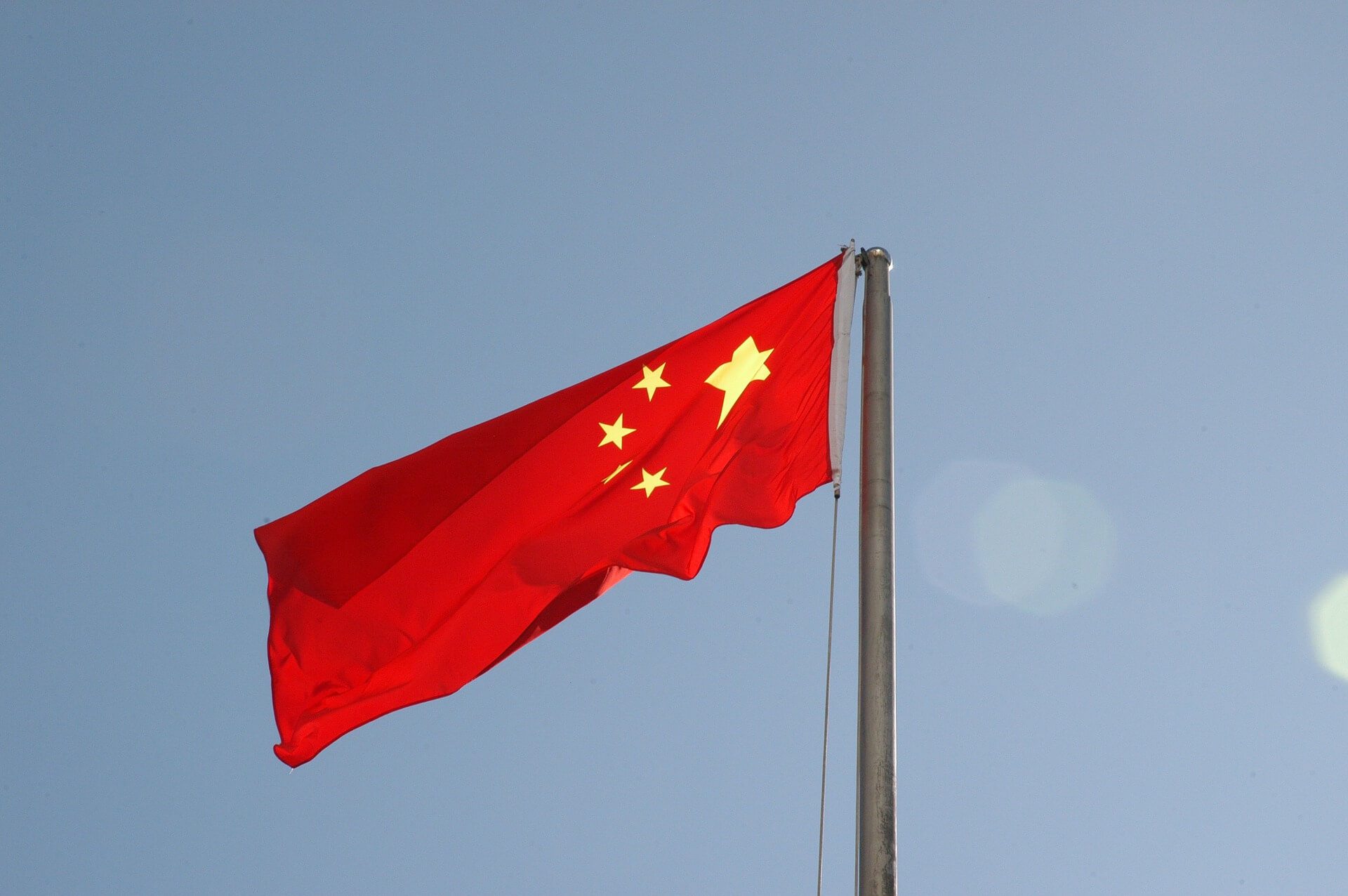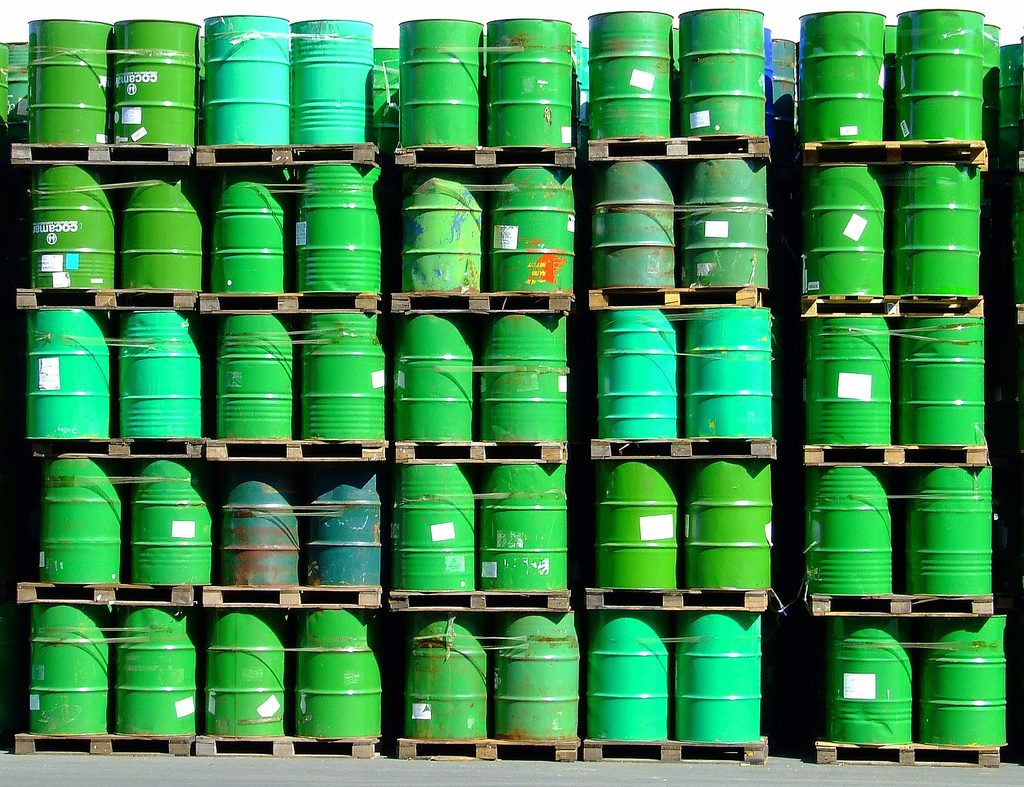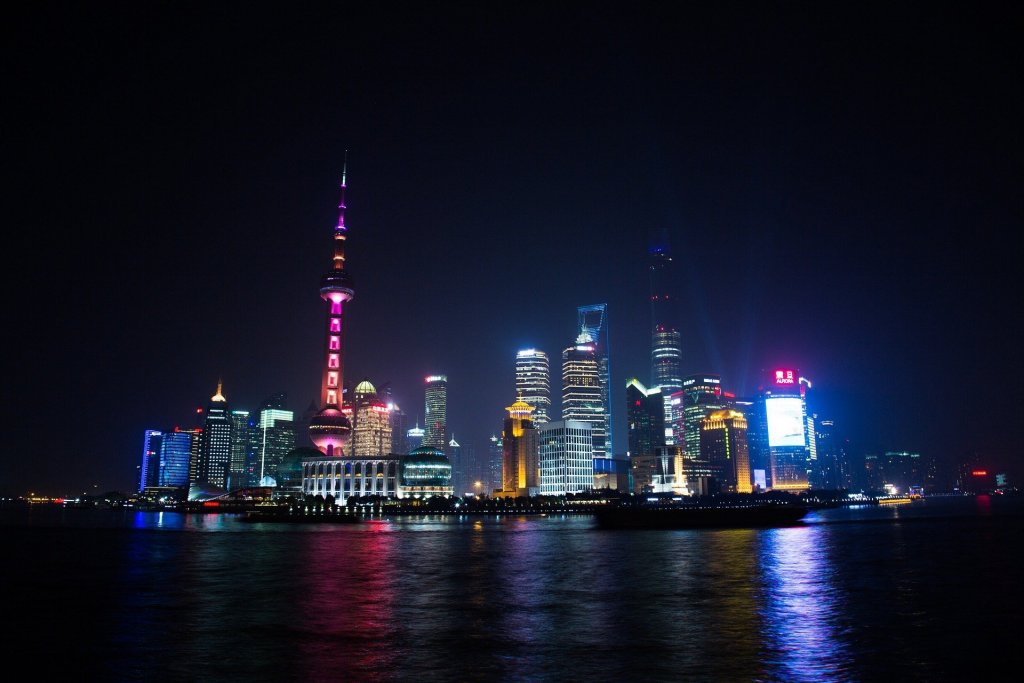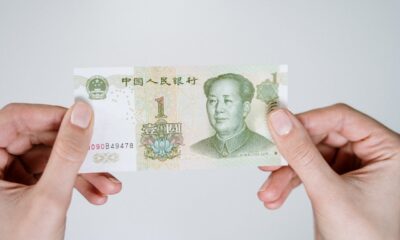Featured
Xi’s state visit to Russia highlights China’s importance on economic stage
China’s economic growth has reached new heights and even outpaced nations like Russia and the U.S.

As Russian President Vladimir Putin met with Chinese President Xi Jinping during a state visit last week, a CNN Money report pointed out that previous meetings between the two have so far resulted in less than ideal economic benefits for Russia. The report recalled that prior to the Chinese president’s state visit, Putin and Xi had met more than 20 times since the former took power in 2012; so far, the most significant deal reached was in 2014, where Moscow secured a 30-year contract to supply China with natural gas. The contract is reportedly worth $400 billion.
The deal provides mutual advantages. China is able to get an energy supply that does not need to pass through the disputed waters of the South China Sea, as what happens with Middle Eastern natural gas or oil. Russia, on the other hand, seeks an economic partner as it is still under Western sanctions for its involvement in the conflict in the Ukraine.
Those sanctions prevent Russia from Western sources of funding. Plunging oil prices are also not helping Russia, which still relies on oil and gas exports for much of its economy.

Russia still depends on oil and gas exports for its economic welfare. (Photo by Sergio Russo via Flickr. CC BY-SA 2.0)
Besides that deal on natural gas, however, there’s still little to show for Russia’s supposed pivot to China. What’s clear in this situation is how big China has grown as a global economy, to the point where it has outpaced nations like Russia and even the U.S.
For decades, China had been referred to as a “sleeping giant” or “sleeping dragon” in terms of its economic and military potential. The giant or dragon began waking up some 25 years ago, when China’s government, while still retaining its communist political system, opened up its economy to market forces. This adaptation of some features of the capitalist system resulted in a freer economy and spurred growth.
According to a report in the OECD Observer, China’s economic growth has averaged 9.5% in the past two decades. Many of China’s industries have also been integrated into the world’s supply chain, so much so that China has become the largest exporter. It’s expected to hold on to 6% to 10% of global trade in the years to come.

A report stated that in the past 20 years, the economic growth of China has reached the average of 9.5%. (Source)
This doesn’t mean that everything is rosy for the Chinese economy: even with a 6.7% growth rate in 2016, it’s in a financial slowdown. Some analysts predict that could drop to 6.5% in 2017. China’s national debt has also grown and is estimated at more than $4 trillion.
Given all that, China is still the world’s second-largest economy after that of the United States. This means that any dips in its financial health have repercussions on the rest of the world. Forbes pointed out China’s role in 2009 when the global recession sent the U.S. and European economies went crashing. China came to the rescue when the government spent trillions of dollars to stimulate the economy, turning itself into a major buyer of the world’s goods.
When demand from China decreases, many businesses lose share value. These include suppliers of iron ore and copper based in Latin America. When the Chinese don’t buy as many cars as they used to, Germany’s car industry feels it. Even Japan’s electronics exports get hurt when more Chinese companies make their own computer and audio equipment. While China is controversial for some of its policies, including its expansion into the South China Sea, it will remain an important economic driver for the world.

-

 Fintech7 days ago
Fintech7 days agoRuvo Raises $4.6M to Power Crypto-Pix Remittances Between Brazil and the U.S.
-

 Cannabis2 weeks ago
Cannabis2 weeks agoCannabis and the Aging Brain: New Research Challenges Old Assumptions
-

 Biotech4 days ago
Biotech4 days agoEurope’s Biopharma at a Crossroads: Urgent Reforms Needed to Restore Global Competitiveness
-

 Crowdfunding2 weeks ago
Crowdfunding2 weeks agoAWOL Vision’s Aetherion Projectors Raise Millions on Kickstarter
























You must be logged in to post a comment Login